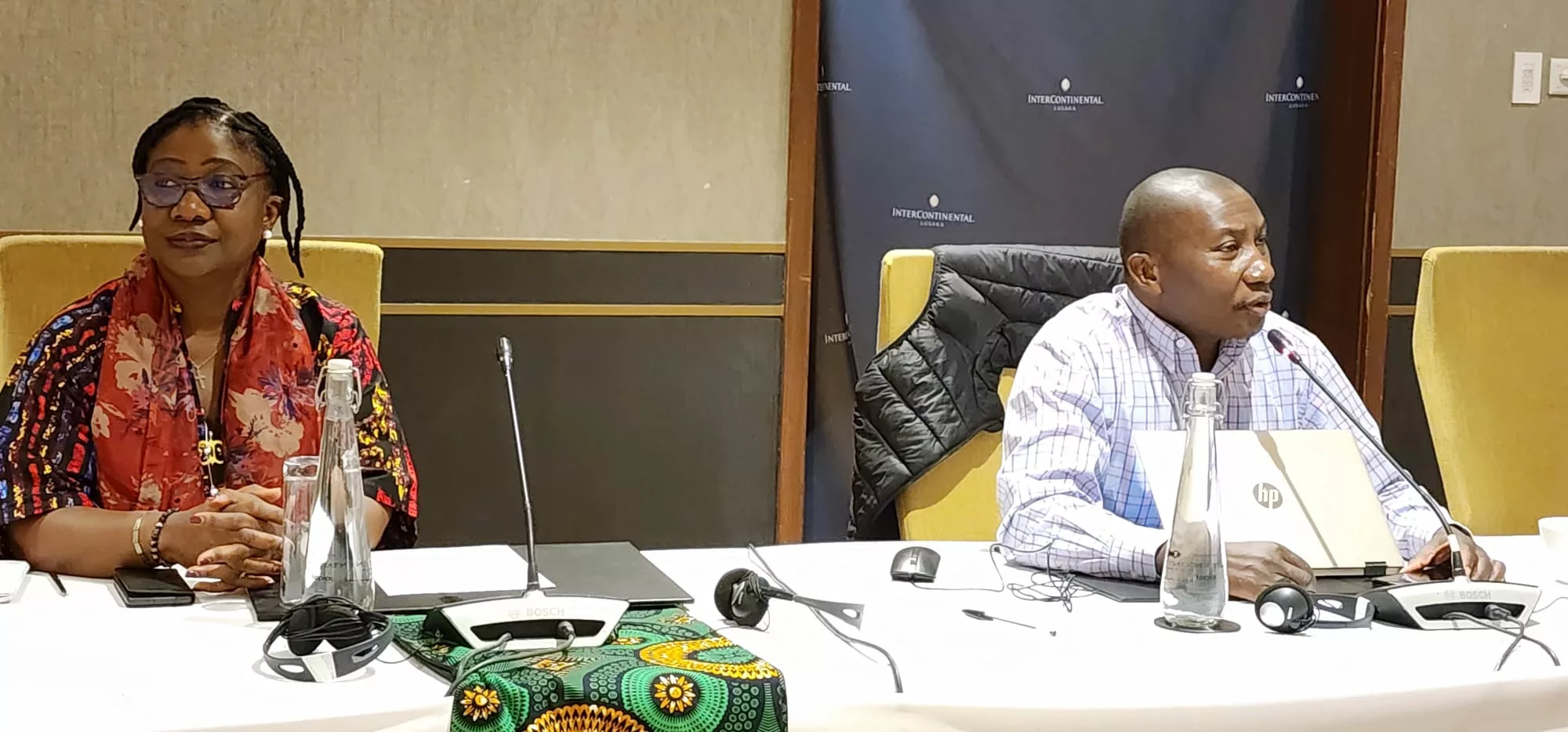|
Getting your Trinity Audio player ready...
|
The Post Malabo Framework is going to shape the Food Systems landscape for Africa for the next 10 years, Mrs. Estherine Fotabong, the Director of Agriculture, Food Security and Environmental Sustainability of the African Union Development Agency (AUDA-NEPAD) has said.
She said so in her concluding remarks for the Validation Workshop for the Post-Malabo Comprehensive Africa Agriculture Development Programme (CAADP) Agenda Technical Working Groups meeting that was running from the 25th to the 30th of July 2024 in Lusaka, Zambia.
For five days, participants demonstrated a high level of total commitment to hard work in coming up with quality presentations and inputs that were impressive, passionate, and sometimes animated.
“It is indeed the most important Agenda on our table at this point. The Post Malabo Framework will shape the Food Systems landscape for our continent for the next 10 years. We have a once-in-a-lifetime opportunity to influence how we address the most pressing challenge of our time. We have learned many lessons from the last 20 years of CAADP Implementation. We have an opportunity to build on those lessons to accelerate implementation.
“The message I get from all the inputs shared here is that our work is not done, we have much more to do in the next 10 years. We have made commendable progress, but we are not there yet. In the next 10 years, we need to move with even greater urgency and focus, building on the lessons from the past 20 years,” Mrs Fotabong said.
She emphasised the need to embrace an AgriFood Systems approach to ensure stakeholders address the challenges holistically.
Mrs Fotabong appreciated the role that women and youth play, and said these groups should be the basis for building a resilient and inclusive agribusiness system for Africa.
Several shocks are putting huge pressure on African Agrifood Systems. From climate change, conflicts, and economic disruptions, to pandemics. These are becoming more frequent and more severe. The need to build resilience to protect livelihoods and Agrifood system from such shocks is vitally important.
“I also want to highlight the need for us to focus on Financing for our Agrifood systems – how to ensure key groups like women and youths access predictable and sustained financing, especially to enable them to participate meaningfully in vibrant value chains. This is necessary for transformation,” she added.
Mrs Fotabong paid tribute to the Norwegian Agency for Development Cooperation – Norad, for their consistent support for the work on Agrifood Systems and Soil Health. She also thanked AGRA for always answering the call whenever support was needed. Equally appreciated was the support from FAO who have consistently supported the Post-Malabo Agenda as the Development Agency of the AU.
The Irish AID also supported the Technical Working Groups meeting. GIZ is one of the African Union’s long-term partners
“The Permanent Secretary in the Ministry of Agriculture and Food Security in Zambia is very supportive. Lusaka has become our home and every time we come here we are energized and humbled by the hospitality of the Government and People of Zambia. We are truly grateful,” she added.
Mr. Godfrey Bahiigwa, the Director of the Sustainable Environment and Blue Economy Directorate at the African Union Commission (AUC), emphasised the need for mobilizing domestic resources and exploring innovative financing solutions to bolster agricultural development.
“By fostering collaborative efforts and forging strategic partnerships, stakeholders can amplify the impact of CAADP, fortifying Africa’s agricultural systems and advancing the goal of food security across the continent,” he said.






